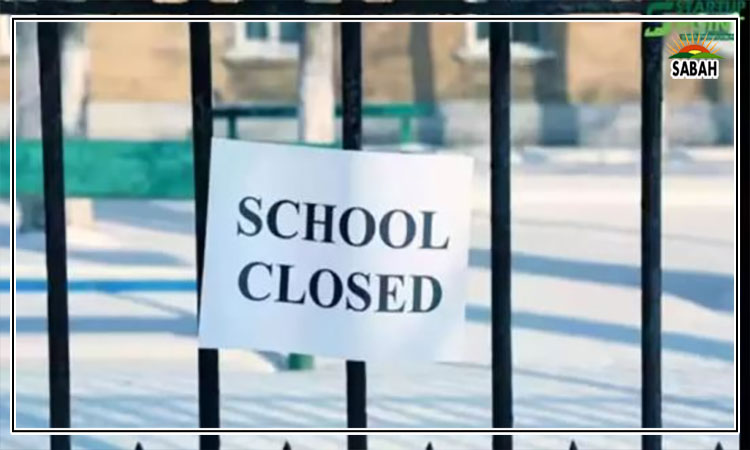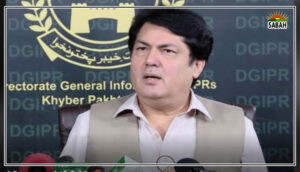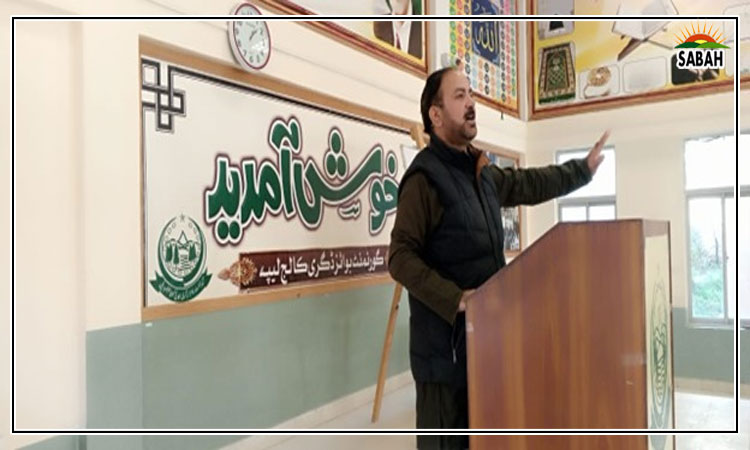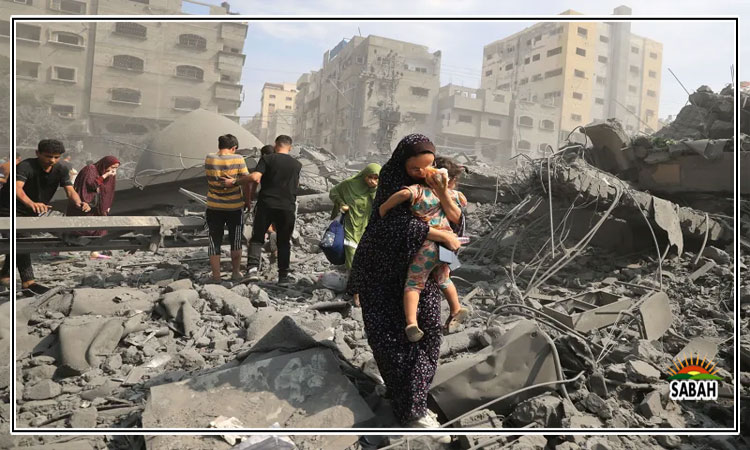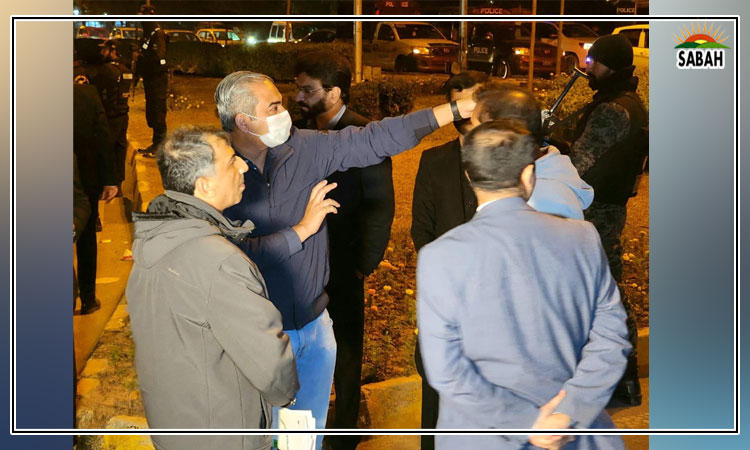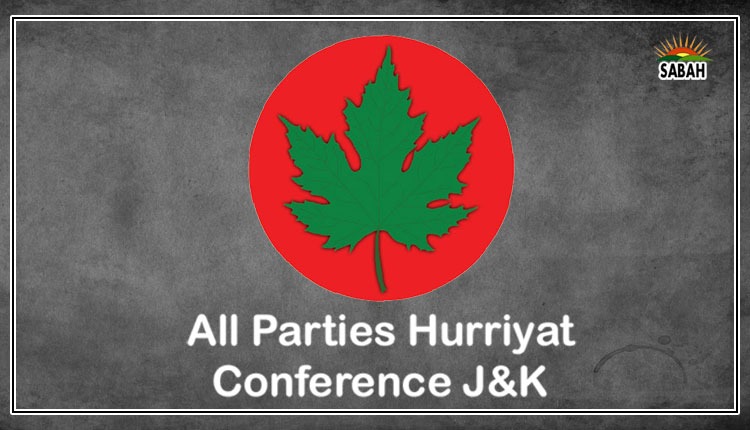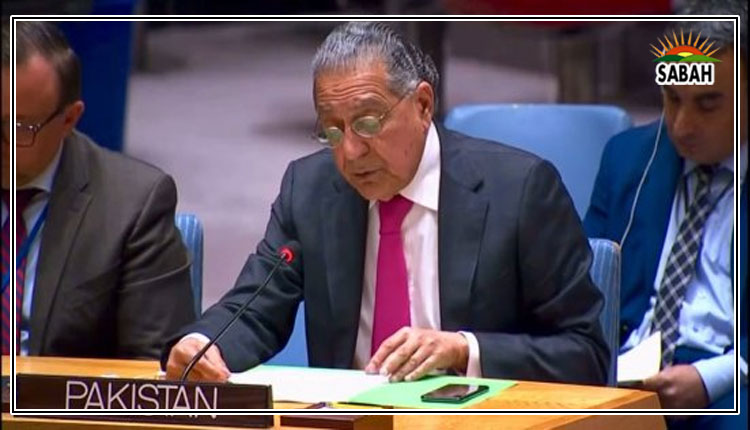Pakistan urges Palestinians’ right to self-determination, sovereign state for them
UNITED NATIONS, April 26 (SABAH): Pakistan has called on Israel to comply with its international obligation to respect the right of the Palestinian people to self-determination, saying there will be no peace in the Middle East until the establishment of an independent State of Palestine.
“The international community cannot accept the fait accompli Israel is seeking to impose to destroy Palestinian nationhood,” Ambassador Munir Akram told the UN Security Council, which met under Russia’s presidency.
“There will be no durable peace in the Holy land until the creation of an independent, viable and contiguous State of Palestine, established on the basis of pre-1967 borders with Al-Quds Al-Sharif as its capital,” the Pakistani envoy said in a debate on the situation in the Middle East.
Underscoring Palestinians’ inalienable rights, the Pakistani envoy said, “Given the ergaomnes character of the right of self-determination, it is also incumbent on all States, in accordance with the UN Charter and international law, to ensure that any impediment to the exercise by the Palestinian people of its right to self-determination is immediately brought to an end.”
In his remarks, he also condemned Israeli moves to seize Palestinian lands and build Jewish settlements on occupied territories in violation of international law.
Ambassador Akram highlighted the discriminatory laws that dispossess Palestinians under Israeli occupation of their lands. He cited a recent statement by the UN special rapporteurs on adequate housing and the human rights of internally displaced persons, who said that such discrimination, along with the transfer of Israeli populations, represent “prima facie war crime”.
Condemning Israel’s brutal crackdown on innocent worshippers at the Al-Aqsa Mosque, Islam’s third holiest site, during the month of Ramadan, he said that Israel’s actions violate Council resolutions as well as the right to freedom of worship, enshrined in article 18 of the International Covenant on Civil and Political Rights.
Welcoming the UN General Assembly resolution seeking the advisory opinion of the International Court of Justice on the occupation, he added that the Council will have to adopt further measures once it receives that opinion.
Apart from Israel’s illegal actions, he pointed out, the Middle East has witnessed several positive developments recently.
Welcoming the normalization of relations between Saudi Arabia and Iran, Ambassador Akram commended the successful efforts of China to make this historic diplomatic breakthrough.
Also welcoming the diplomatic and political measures to restore peace in Syria and Yemen, he expressed hope that the countries of the Arab world will soon succeed in ending strife and restoring peace across the Islamic world.
Earlier, Tor Wennesland, UN Special Coordinator for the Middle East Peace Process, detailed a series of shocking incidents that began on 4 and 5 April, when Israeli security forces entered the al-Qibli prayer hall of Al-Aqsa Mosque and forcibly removed Palestinians who were barricaded inside.
In retaliation, he said, militants in Gaza and Lebanon fired dozens of rockets towards Israel, causing one injury and damage to property, while Israeli troops carried out air strikes aiming at what they said were Hamas targets and damaging a children’s hospital and health clinic in Gaza.
Urging Israelis, Palestinians, regional States and the broader international community to re-engage in the pursuit of peace with the aim of ending the occupation, Wennesland highlighted the need to pursue the vision of two States — Israel and an independent, democratic, contiguous, viable and sovereign Palestine, living side-by-side in peace and security within secure and recognized borders on the basis of the pre-1967 lines, with Jerusalem as the capital of both States.
Minister for Foreign Affairs and Expatriates of the State of Palestine, Riad al-Maliki, recalling that 75 years ago Palestinian people endured Nakba — dispossession and displacement of an entire nation – said that almost overnight two-thirds of the people became refugees. “Seventy-five years later, the Nakba continues,” he added, calling for an end to the protracted refugee crisis.
“Had the United Nations Charter been upheld, peace would have prevailed in Palestine a long time ago,” al-Maliki stressed, underscoring that the reality on the ground is the result of failure and not a fatality.
Pointing out that double standards, selectivity, and schizophrenia undermine the authority of international law, he lamented that Israel was not being held accountable for breaching the law.


